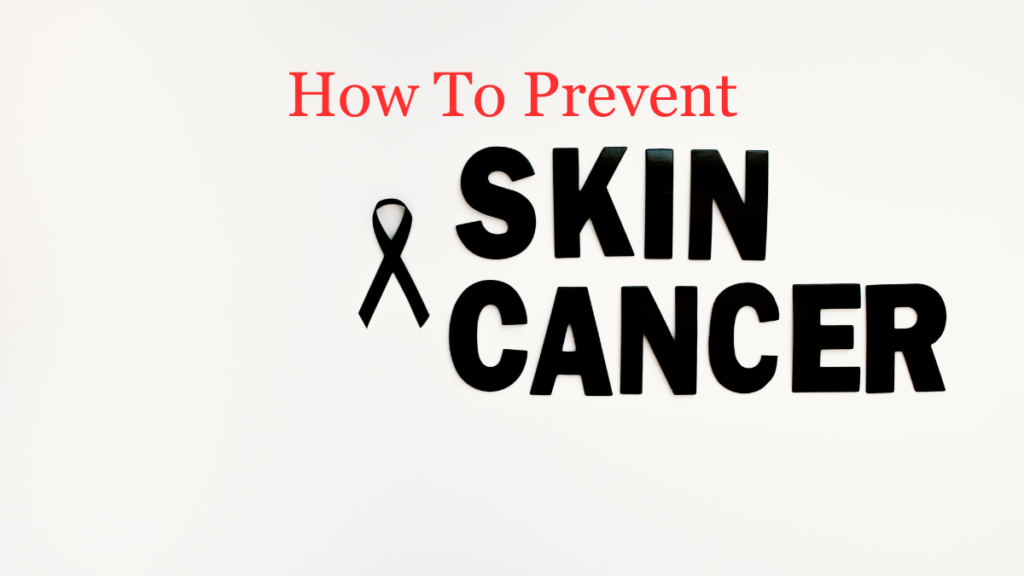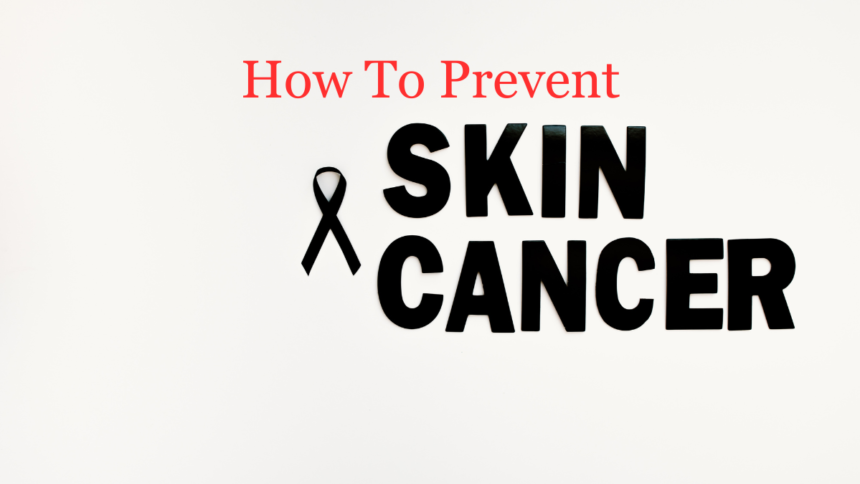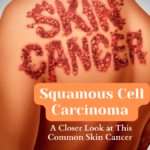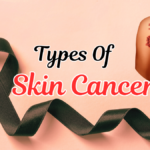How to Prevent Skin Cancer: Effective Strategies for Protecting Your Skin
Skin cancer is the most common form of cancer, with millions of cases diagnosed each year. Fortunately, many instances of skin cancer can be prevented through proactive measures and lifestyle changes. This article explores the most effective strategies for preventing skin cancer, ensuring you can enjoy the sun safely while minimising your risk.

Understanding Skin Cancer
Skin cancer occurs when skin cells grow uncontrollably due to DNA damage, often caused by ultraviolet (UV) radiation from the sun or tanning beds. The three main types of skin cancer are basal cell carcinoma (BCC), squamous cell carcinoma (SCC), and melanoma, with melanoma being the most dangerous. Prevention strategies focus on reducing UV exposure and protecting the skin.
Top Strategies for Preventing Skin Cancer
1. Avoid Peak Sun Hours
The sun’s UV rays are strongest between 10 a.m. and 4 p.m. Limiting your time outdoors during these peak hours can significantly reduce your risk of skin damage and skin cancer. If you need to be outside, seek shade whenever possible.
2. Wear Protective Clothing
Covering your skin is one of the most effective ways to shield it from harmful UV rays. Wear long-sleeved shirts, pants, and wide-brimmed hats to protect your face, neck, and ears. Choose clothing with a high Ultraviolet Protection Factor (UPF) rating for additional protection.
3. Apply Sunscreen Regularly
Using a broad-spectrum sunscreen with an SPF of 30 or higher is crucial for preventing skin cancer. Apply sunscreen generously to all exposed skin at least 15 minutes before going outside, and reapply every two hours, or more frequently if swimming or sweating.
4. Use Sunglasses with UV Protection
Your eyes and the skin around them are also vulnerable to UV damage. Wear sunglasses that block 100% of UVA and UVB rays to protect your eyes and reduce the risk of skin cancer in the eye area.
5. Avoid Tanning Beds
Tanning beds expose you to concentrated UV radiation, significantly increasing your risk of skin cancer. Avoiding tanning beds and embracing your natural skin tone is a healthier choice for your skin.
Regular Skin Examinations
6. Perform Monthly Self-Exams
Regular self-exams can help you detect skin changes early. Examine your skin from head to toe once a month, looking for new moles, changes in existing moles, or any unusual growths. Use a mirror for hard-to-see areas or ask a partner to help.
7. Schedule Annual Dermatologist Visits
An annual skin check with a dermatologist is essential for early detection and prevention. Dermatologists can identify suspicious spots and recommend appropriate action before they develop into more serious conditions.
Healthy Lifestyle Choices
8. Eat a Balanced Diet
A diet rich in antioxidants, vitamins, and minerals can support skin health and reduce cancer risk. Include plenty of fruits, vegetables, whole grains, and lean proteins in your diet. Foods high in antioxidants, like berries, leafy greens, and nuts, can help protect your skin from damage.
9. Stay Hydrated
Proper hydration helps maintain healthy skin. Drink plenty of water throughout the day to keep your skin hydrated and resilient against environmental stressors.
Special Considerations for High-Risk Individuals
10. Know Your Skin Type
Fair-skinned individuals, those with a history of sunburns, and those with a family history of skin cancer are at higher risk. If you fall into these categories, take extra precautions to protect your skin and monitor for any changes.
11. Be Cautious with Medications
Some medications can increase your sensitivity to sunlight, making your skin more susceptible to damage. Consult your healthcare provider about any medications you are taking and take additional precautions if necessary.
Conclusion
Preventing skin cancer involves a combination of sun protection strategies, regular skin examinations, and healthy lifestyle choices. By adopting these measures, you can significantly reduce your risk of skin cancer while enjoying the outdoors safely. Remember, early detection is key, so stay vigilant and proactive about your skin health.
Disclaimer: This article is for informational purposes only and does not constitute medical advice. Always consult a healthcare professional for concerns about skin cancer or any other health issues.











